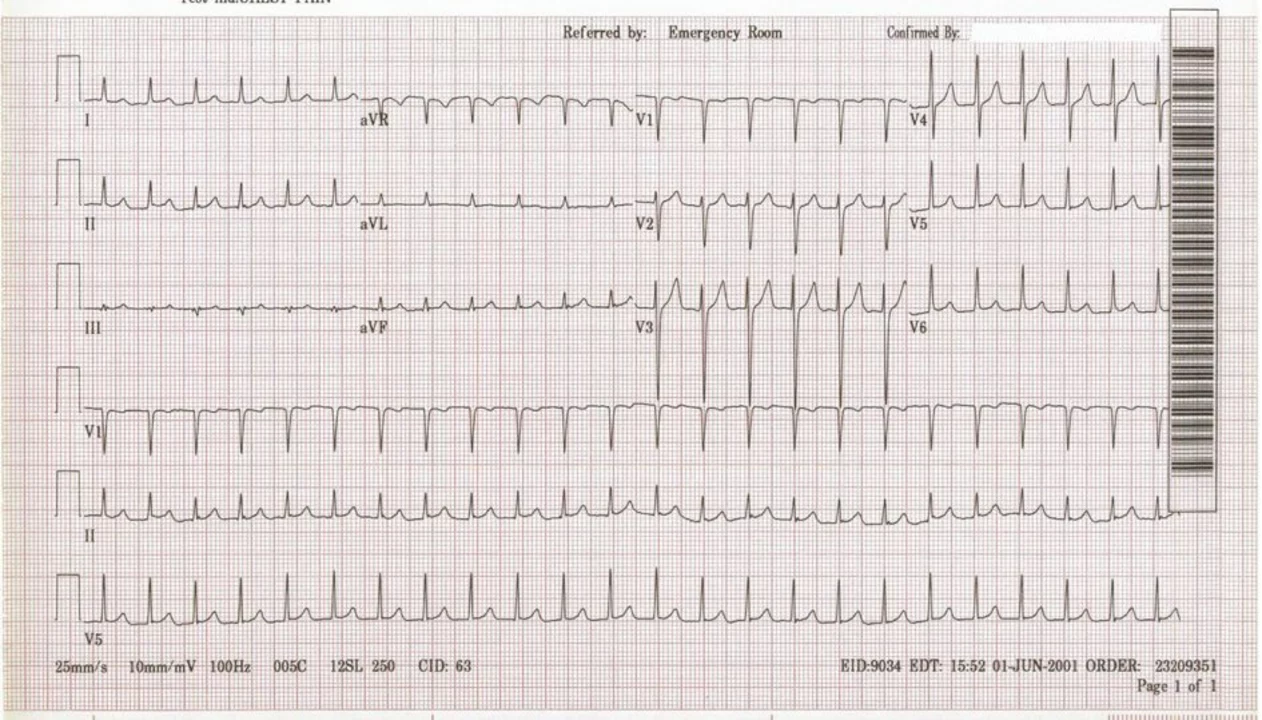Supraventricular tachycardia (SVT): what to watch for and what to do
Supraventricular tachycardia, or SVT, is a fast heartbeat that starts above the heart's ventricles. Many people feel sudden pounding, lightheadedness, chest tightness, or shortness of breath. Episodes often begin and stop quickly, but some last long enough to be scary. Knowing simple steps and when to get help makes a big difference.
Quick first aid for an SVT episode
If you or someone else gets a fast, regular heartbeat and feels unwell, try calm, practical steps. Sit down, relax your breathing, and avoid standing suddenly. Perform vagal maneuvers: a forced breath and bear-down (Valsalva) for 10–15 seconds, or try a coughing spell. A modified Valsalva—bearing down then lying back and raising the legs—works better for some people. Don’t try carotid sinus massage unless a clinician is present, and avoid these maneuvers if the person has carotid artery disease or recent stroke.
Call emergency services right away if the person has chest pain, fainting, severe breathlessness, or the fast rhythm lasts more than 20–30 minutes. In the emergency room, doctors may give IV adenosine to stop the rhythm, or use electrical cardioversion for unstable patients.
Tests, causes, and longer-term options
To figure out what's causing SVT, a doctor will usually start with a 12-lead ECG during an episode or an ambulatory monitor (Holter or event recorder) to catch intermittent attacks. Blood tests can check thyroid function and electrolytes because thyroid disease and low potassium can trigger fast rhythms. If tests aren’t clear, an electrophysiology (EP) study maps the heart’s electrical circuits to find the problem spot.
Treatment depends on how often and how severe attacks are. Short-term fixes include beta-blockers or non-dihydropyridine calcium channel blockers (like verapamil or diltiazem) to slow the heart rate. For repeated or disabling SVT, catheter ablation is a common long-term solution. Ablation targets and destroys the tiny circuit causing the arrhythmia; success rates are high and many people stop having episodes afterward.
Small changes at home help too. Cut back on caffeine and energy drinks, avoid recreational stimulants, check any cold or ADHD meds for stimulant ingredients, and manage stress and sleep. If you have frequent palpitations, keep a log: date, time, what you were doing, what you ate, and how long it lasted. That helps your doctor spot triggers fast.
Have regular follow-ups if you’re diagnosed with SVT. Ask your clinician about medication side effects, when ablation makes sense for you, and how to handle future episodes. If you ever feel faint, have severe chest pain, or have trouble breathing during an episode, get emergency care immediately.
The Importance of Regular Check-ups for Supraventricular Tachycardia Patients
As a supraventricular tachycardia (SVT) patient, I cannot stress enough the importance of regular check-ups. Staying on top of my health and monitoring my heart's condition helps me manage my symptoms and prevent complications. With regular doctor visits, I can also receive tailored advice and adjust my treatment plan if necessary. Additionally, these check-ups give me peace of mind and let me lead a more active lifestyle without constant worry. So, if you're an SVT patient like me, make sure to prioritize your regular check-ups for a healthier and happier life.
